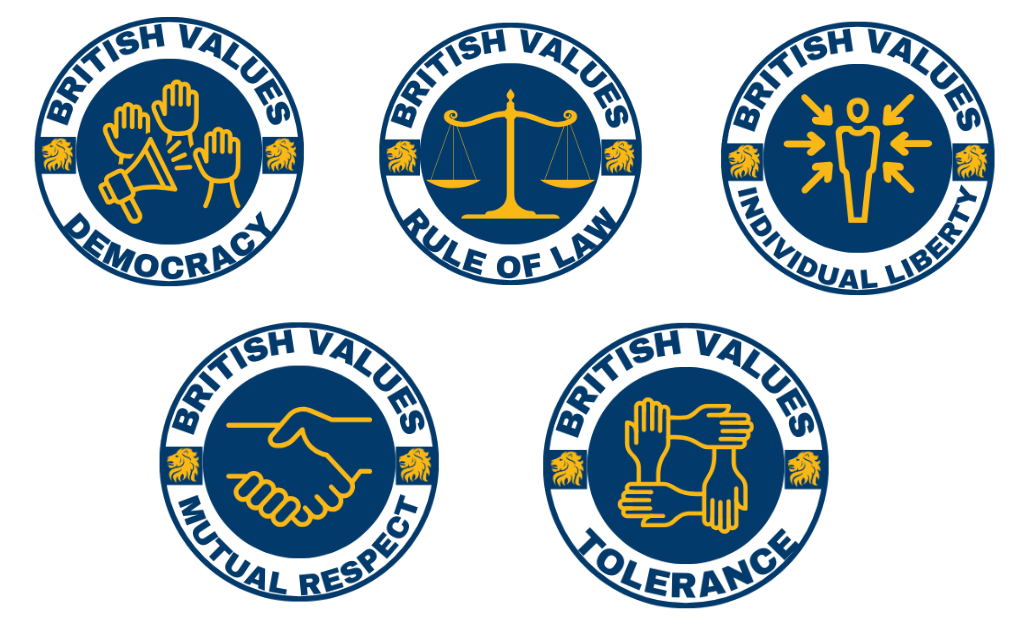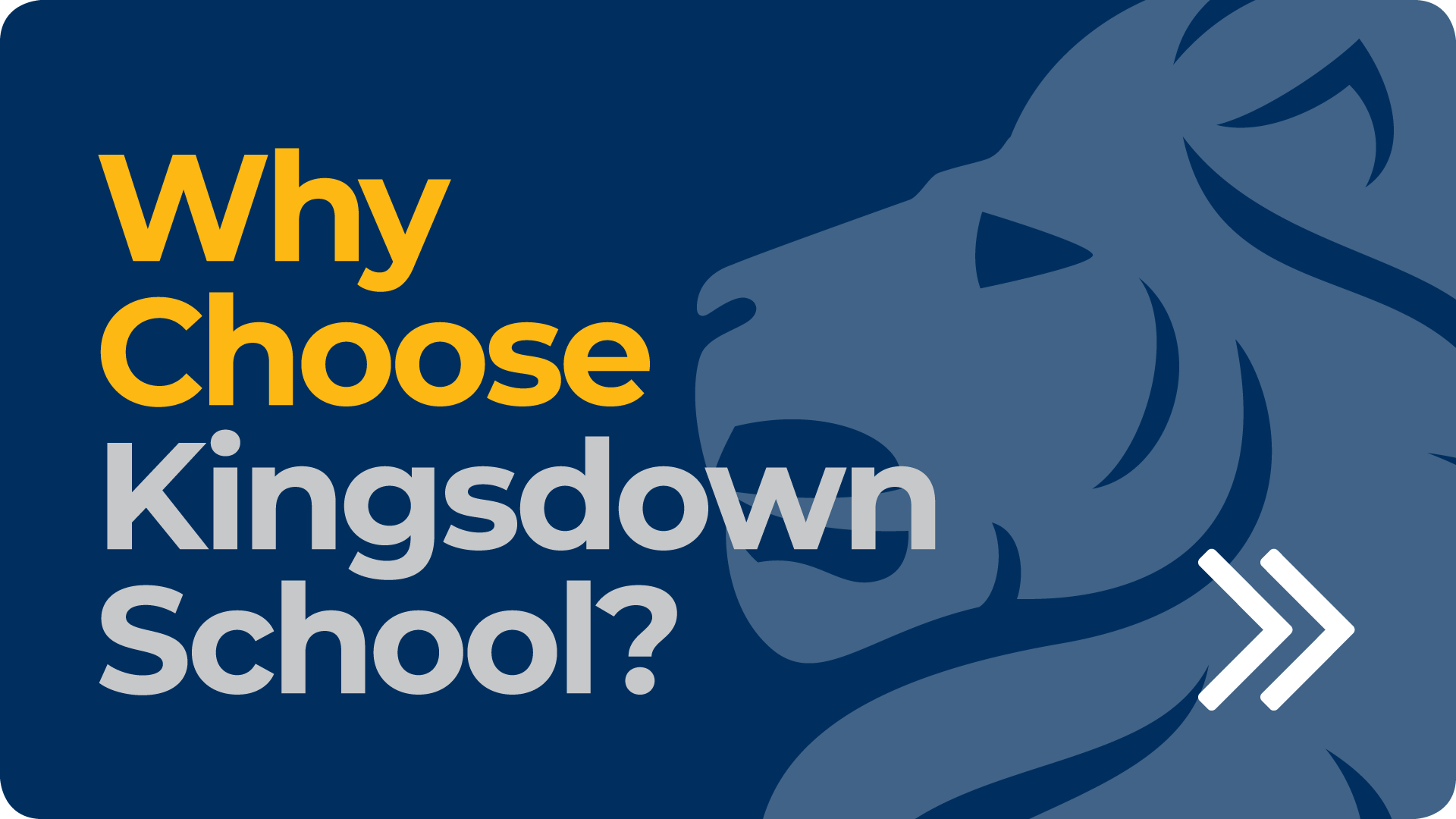Promoting British Values

As a school on the journey to be Rights respecting, British Values are part of our ethos. We actively promote values such as “tolerance and mutual respect” through our virtue of kindness and our BEAT of Respect. We promote equality for all through the values of democracy, rule of law, mutual respect and tolerance for all races, cultures, faiths and beliefs. This is lived out in our understanding of article 2 ‘The right to non-discrimination’. This is featured throughout our tutor programme, School Assemblies and within all classrooms at all times.
The following British Values are covered in the curriculum and signposted in the curriculum where appropriate, but at all times we promote these values in all of our interactions with one another.
These values are also covered in depth through Personal Development curriculum (PD), assemblies and curriculum provision and we aim to:
further tolerance and harmony between different cultural traditions by enabling students to acquire an appreciation of and respect for their own and other cultures;
encourage respect for all;
Students learn about the development of the political system of democratic government in the UK, including the roles of citizens, Parliament and the monarch. They are taught about voting and elections, the role of political parties and the freedoms and liberties enjoyed by the citizens of the U K such as free speech, free movement and free assembly and worship. This is supported with students’ understanding of their rights and how they need to respect the rights of others.
Through our Religious Education and Citizenship programmes, students are taught how citizens work together to improve communities. This is put into practice when they become active citizens by fundraising for charities.
Assemblies aim to teach our students to have belief in freedom, and a tolerance of others. In the Religious Education programme, students study other faiths and learn empathy, tolerance and understanding of people from different faith backgrounds.
Interwoven throughout the whole taught Curriculum and the school’s pastoral programme, students are expected to accept personal and social responsibility, respecting and upholding the school rules and the rule of law.
In our school community we encourage through our Responsibility BEAT our students to show a responsibility to each other and adults in the way they behave in school and on their way to and from school.
Students have leadership opportunities through our senior student programme which allows them to put these values into action through becoming:
The list below describes the understanding and knowledge expected of our students as a result of promoting fundamental British values:
We are a diverse school and we encourage respect for religious, cultural and moral values. The school promotes equal opportunities for all and systems are in place that counter racism, sexism and all other forms of discrimination whenever they occur.












